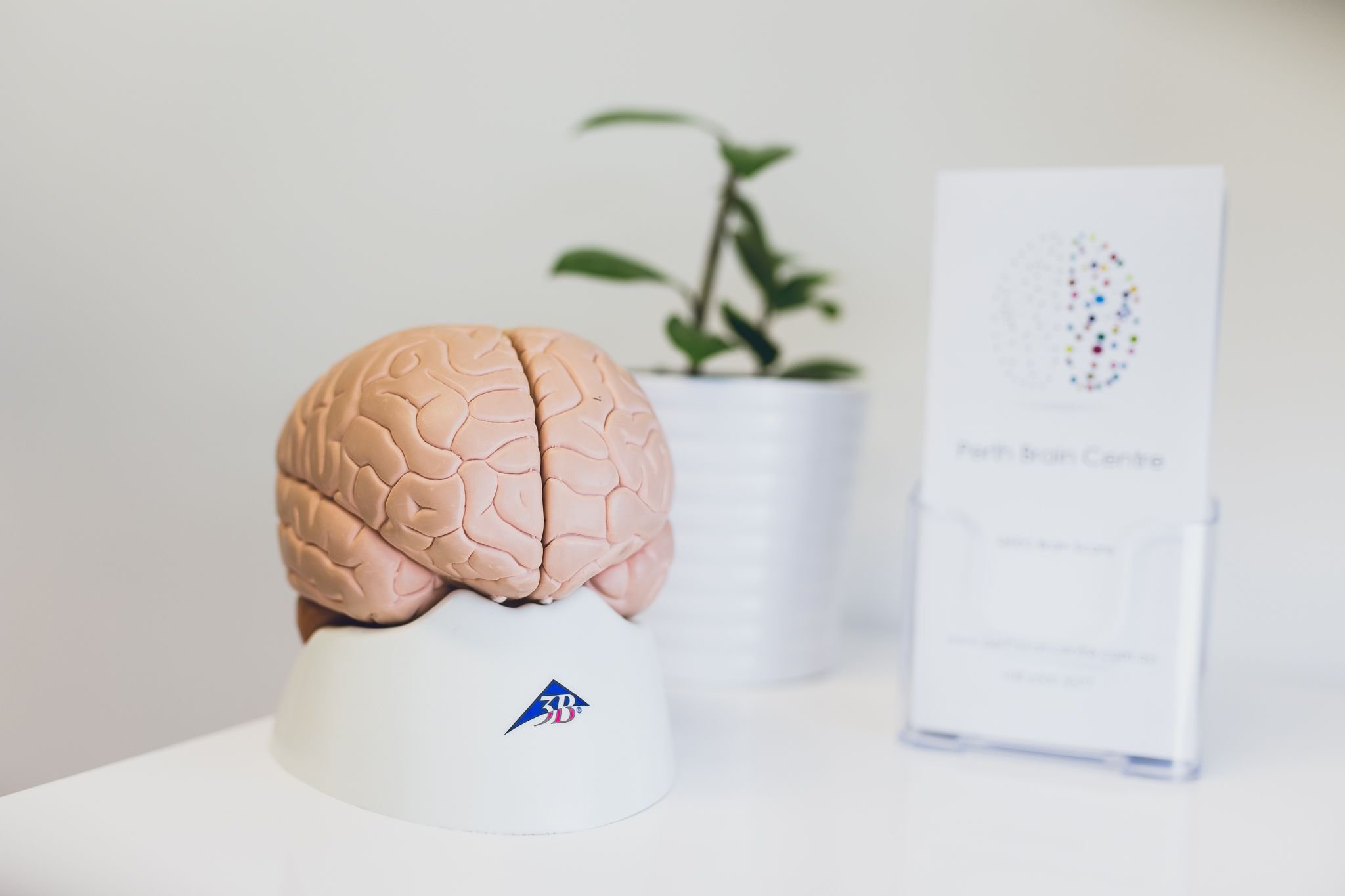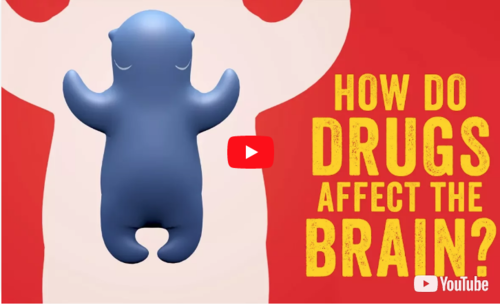
Neuroknowledge


Targeting seizure activity in Autism may help improve language skills and intellectual disability.
Most children with Autism are also facing additional challenges like ADHD and Anxiety, and one third have Epilepsy. It appears that this is caused by a gene mutation which is also associated with language delay and intellectual disability.

New 2 Minute Test For Autism
New research, published in The Journal of Developmental and Behavioural Pediatrics last month, has shown that a simple 2-minute questionnaire can help detect autism in toddlers. Research indicates that about 1% of children have Autism in Australia. Like all children, every child with Autism is unique, however there are core symptoms characterised by differences in behaviour, social interaction, communication and sensory processing. Every person is affected differently, and whilst some people with Autism also have an intellectual impairment or disability, some people have average or above-average intelligence. People with Autism often experience additional challenges and problems like ADHD, Anxiety and Depression are particularly common.

Is Brain-Training the new stimulant medication?
In the past, treatment for ADHD has been limited to stimulant. However prior research has shown that the effects of medications tend to decrease after 2 years of use and may also cause side-effects such as anxiety, nausea and difficulties with sleep.

Mindful May
May is the month to be mad about mindfulness…and what a great initiative to motivate people to start daily mindfulness practice and also make a significant donation to improve clean water supply to those in need. Mindful in May is a wonderful win-win project founded by Dr Elise Bialylew – medical doctor, psychiatrist, life coach and writer.

Successful Ageing & Your Brain
We all know people who seem to blossom after 50, or stay sharp into old age. What can we learn from them? Find out what steps you can take to improve your brain fitness, regardless of your age.

How spontaneous brain activity keeps you alive - Nathan S. Jacobs
The wheels in your brain are constantly turning, even when you're asleep or not paying attention. In fact, most of your brain’s activities are ones you’d never be aware of … unless they suddenly stopped. Nathan S. Jacobs takes us inside the always active, surprisingly spontaneous brain.

Old adults grow just as many new brain cells as young people!
Neuroplasticity (see: https://www.perthbraincentre.com.au/) is the ability of the brain to change its own structure and function as a result of what happens to us, and what we do and what we think. Some have said that the discovery that the brain is not therefore “hard-wired” and can change is the most important advancement in science in over 400 years.

Nature Play for Children
There is good evidence indicating that children are not spending enough time outdoors. There has been a dramatic shift over the past 30 years, affecting children in particular and “green places” have been replaced with “screen spaces.” The move indoors with a sharp increase in screen time is having a significant impact on children’s physical and mental health. Most of the children we see in clinic with problems like ADHD and Anxiety are spending too much time sitting indoors on screens and when they are just encouraged to simply get outside often start to feel better.

How do drugs affect the brain? - Sara Garofalo
Most people will take a pill, receive an injection, or otherwise take some kind of medicine during their lives. But most of us don’t know anything about how these substances actually work. How can various compounds impact the way we physically feel, think, and even behave? Sara Garofalo explains how some drugs can alter the communication between cells in the brain.

Light it up blue! - World Autism Awareness
What is Autism Spectrum Disorder?
Autism Spectrum Disorder (ASD) is a persistent neuro-developmental disorder that affects how a person communicates, relates to other people, and how they experience the world around them. Often symptoms of ASD develop gradually, and parents will usually notice signs by around 2 yrs of age, when it becomes apparent they are not meeting their developmental milestones.1 Sometimes though, the symptoms can be subtle and may not be obvious until school age or even later in life. In Australia, around 1% of the population has ASD1 with males being 4 times more likely to be diagnosed than females. The cause of Autism is not clearly understood but it appears to be a complex interaction of both genetic and environmental factors.3

How the food you eat affects your brain - Mia Nacamulli
When it comes to what you bite, chew and swallow, your choices have a direct and long-lasting effect on the most powerful organ in your body: your brain. So which foods cause you to feel so tired after lunch? Or so restless at night? Mia Nacamulli takes you into the brain to find out.




